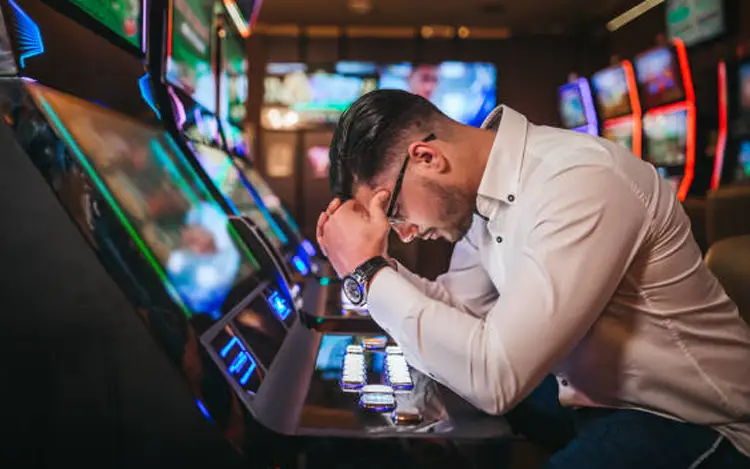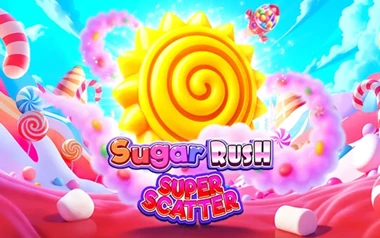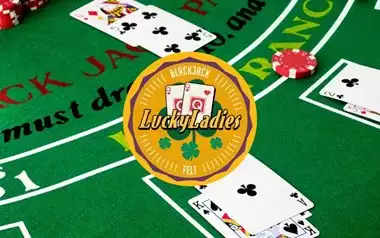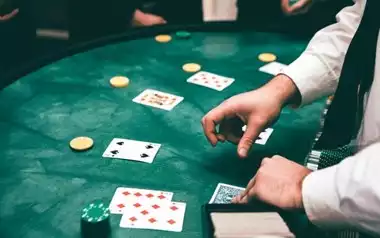Few sensations in gambling are as powerful—or as misleading—as the near miss. That heart-pounding moment when two jackpot symbols align and the third just barely slips past. For a brief instant, your brain screams, "You almost had it!" Yet in reality, you didn’t. The outcome was a loss, plain and simple. But somehow, it doesn’t feel like one.
This is the curious psychological phenomenon known as the “near miss.” In the world of gambling, it plays a significant role in how players perceive outcomes and make future decisions. Whether you’re at a fruit machine in a pub or spinning virtual reels on online gambling sites, the near miss exerts a subtle yet persuasive influence on your behaviour.
Understanding this effect is crucial for anyone who gambles, whether casually or regularly. It not only explains certain emotional responses but also reveals how games are designed to keep you coming back—even when you’re not winning. In this guide, we’ll examine the science behind near misses, how they are engineered, and what they mean for responsible play.
What Is a Near Miss?
A near miss occurs when an outcome appears close to a win but ultimately results in a loss. In a slot machine, this might be two matching symbols followed by a third that just misses aligning. In roulette, it might be the ball landing in the pocket right next to your chosen number. The outcome is unequivocally a loss, yet it feels like you almost succeeded.
What makes near misses so powerful is that they simulate success. They engage the same neural circuits in the brain that are activated during actual wins. Studies using brain imaging have shown that near misses trigger activity in reward-related areas of the brain—just not quite as strongly as a full win would.
This response can be deceptive. Because near misses feel emotionally rewarding, they can lead to increased motivation to continue gambling. It’s not just disappointment players experience—it’s the tantalising possibility that the next attempt might go differently. The result? Prolonged play and higher overall spend.
The Neuroscience Behind the Urge
Research in neuroscience has revealed how near misses affect decision-making. When a player encounters a near miss, the brain releases dopamine—a neurotransmitter associated with reward and learning. This is the same chemical response seen during actual wins, albeit slightly muted.
In evolutionary terms, dopamine helps reinforce behaviours that are perceived to bring rewards. When this system is tricked by a near miss, it interprets the outcome as “almost right,” encouraging repetition. The brain essentially treats the near miss not as failure, but as progress toward success.
This creates a feedback loop where the player is incentivised to continue gambling despite experiencing a loss. The rational mind may understand that the outcome was not beneficial, but the brain's reward circuitry is already working to nudge the player toward another spin.
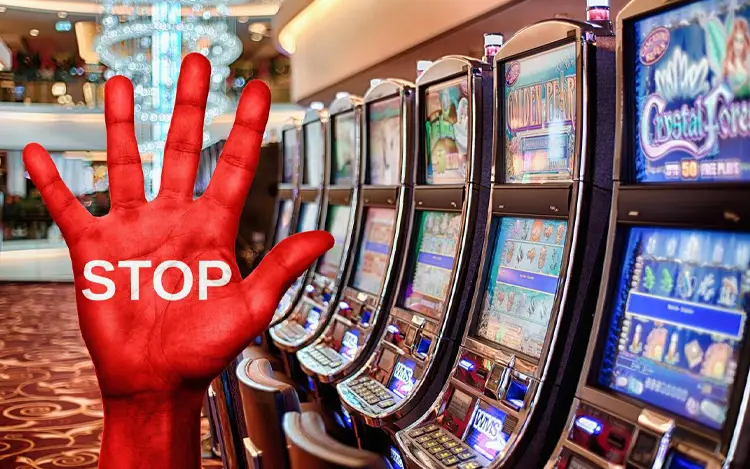
The Neuroscience Behind the Urge
Engineered by Design
What might surprise many players is that near misses are not merely incidental—they are often deliberately built into game design. In modern slot machines, for instance, the random number generator (RNG) determines the outcome, but the display may be programmed to show symbols that look close to a win, even when the result is predetermined.
This design feature capitalises on human psychology. By increasing the frequency of near misses, developers can make a game feel more exciting and engaging, thereby increasing time-on-device and in-game spend. It’s not manipulation in the overt sense, but it is a calculated use of psychological triggers.
Even in games like digital scratch cards or simulated roulette, the interface may present results in a way that emphasises “almost” outcomes. The result is a more emotionally charged experience, regardless of the actual odds.
Why We Fall for It
The near miss effect is especially compelling because it plays into our natural biases. Humans are hardwired to look for patterns and to assign meaning to randomness. A near miss suggests that success is imminent, even if every outcome is statistically independent.
It also preys on our optimism bias—the tendency to overestimate the likelihood of positive outcomes. Players may begin to believe they’re “getting warmer” or that the machine is “due” to pay out, even though there is no causal link between spins.
In competitive gambling formats, like poker or sports betting, near misses can be even more psychologically taxing. A narrowly lost hand or a last-minute goal that destroys a bet slip can haunt a player and lead to chasing behaviour, where losses are pursued in an attempt to validate earlier decisions.
Responsible Play and Cognitive Awareness
Recognising the power of near misses is an essential part of gambling responsibly. Just as a win should not inflate your confidence unduly, a near miss should not be mistaken for progress. The game is not “warming up,” and you are not on the brink of victory unless probability says otherwise.
For those who enjoy gambling sites, understanding the mechanics behind game design—including near misses—provides a buffer against impulsive decisions. It allows players to enjoy the games for what they are: entertainment. With knowledge comes emotional distance, and with distance comes control.
Many responsible gambling tools now include gameplay feedback, showing time spent, money wagered, and outcomes over time. Reviewing this information periodically can help players stay grounded and aware of the bigger picture, rather than getting caught up in the highs of almost-wins.

Close Calls, Clear Thinking
Close Calls, Clear Thinking
The near miss is a psychological sleight of hand—convincing, exciting, and often misunderstood. It gives the illusion of progress, engaging the brain's reward systems without delivering the actual reward. And yet, it is entirely legal and widely used in both land-based and digital gambling platforms.
For players who wish to make informed choices and avoid being swept away by emotion, recognising the near miss for what it is—a loss in seductive clothing—is a crucial step. It doesn't mean avoiding the game altogether, but rather entering it with eyes wide open.
On gambling sites and beyond, success lies not in chasing the feeling of “almost winning,” but in enjoying the process responsibly, understanding the odds, and knowing when to stop. If you're looking for expert insights and deeper perspectives on how gambling works—psychologically and statistically—Gambling Zone remains the place to explore, learn, and play with confidence.
